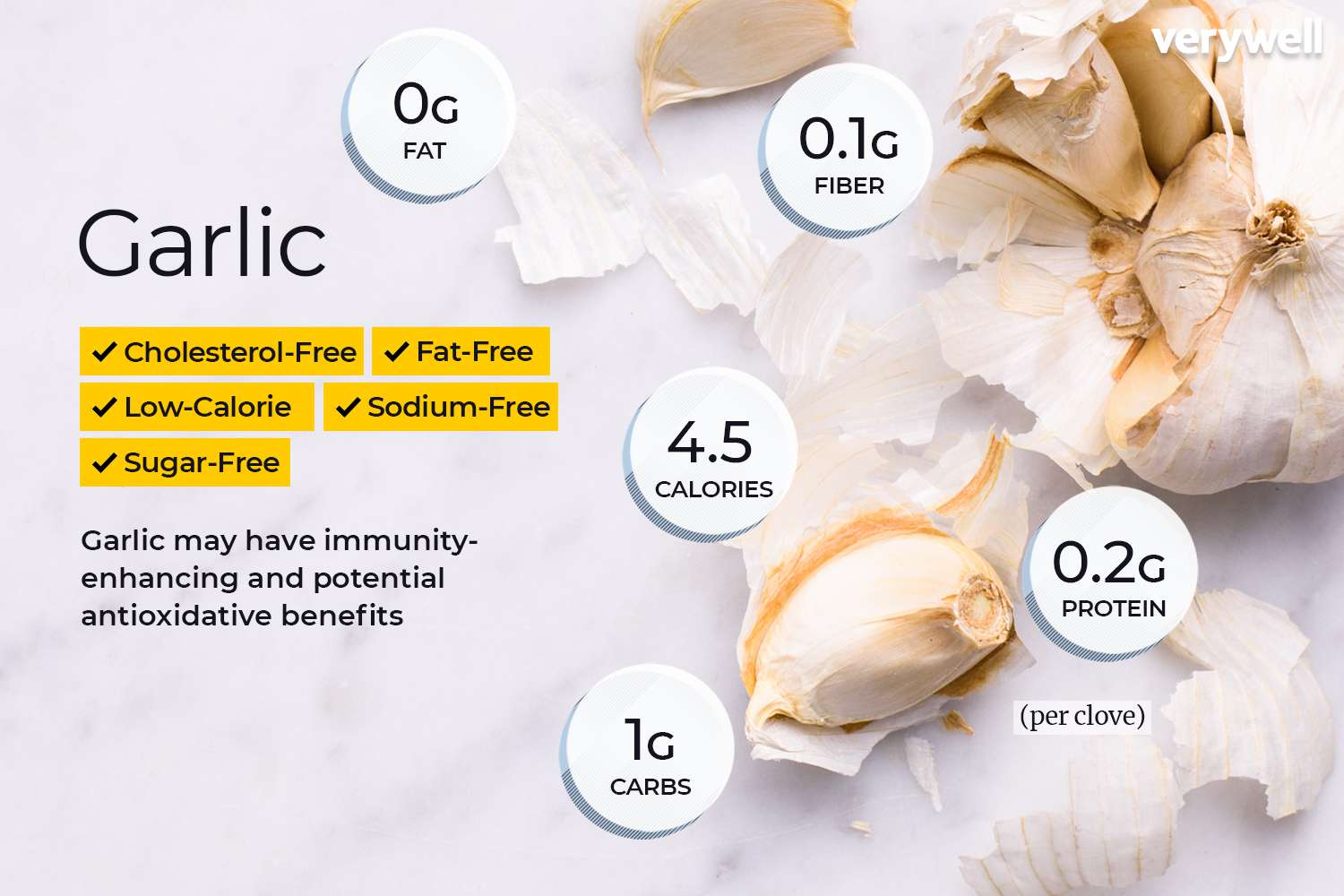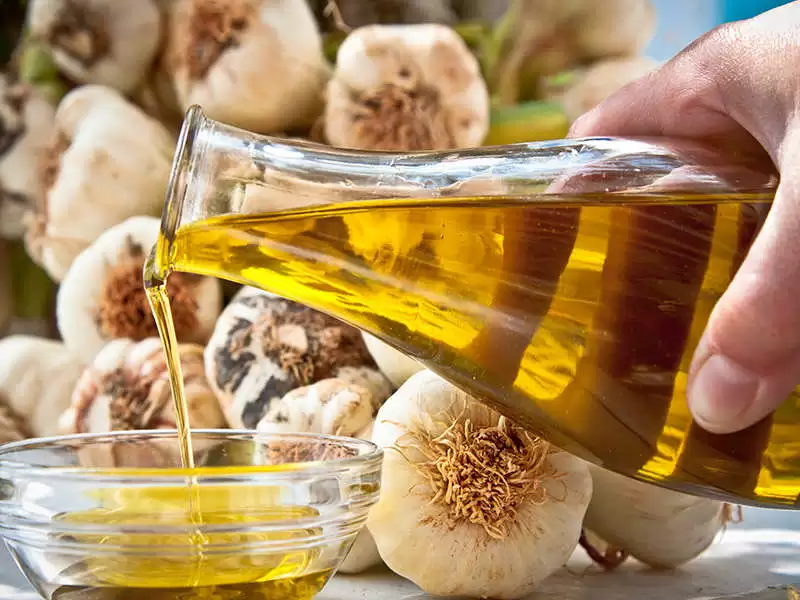Introduction
Garlic is a pungent and flavorful plant that has been used
for both culinary and medicinal purposes for centuries. With a rich history and
a range of health benefits, it is no wonder that garlic is a staple ingredient
in kitchens around the world.
History of Garlic
Garlic has been used as both a food and medicine for over
5,000 years, with its origins traced back to central Asia. The ancient
Egyptians, Greeks, and Romans all revered garlic for its various medicinal
properties, including its ability to boost immunity, improve heart health, and
fight infections. The Greeks even fed garlic to their Olympic athletes to
enhance their performance.
Garlic was also valued as a food ingredient, and its pungent
flavor has been used to enhance the taste of countless dishes throughout
history. Garlic made its way to the Americas with European explorers and has
since become a staple ingredient in many Latin American, Italian, and
Mediterranean dishes.
Cooking with Garlic
Garlic is a versatile ingredient that can be used in a
variety of dishes, from soups and stews to sauces and marinades. Here are a few
tips for cooking with garlic:
Choose Fresh Garlic:
Fresh garlic has a stronger
flavor than pre-chopped garlic or garlic powder. Look for bulbs that are firm
and free of mold or soft spots.
Prep Garlic Properly:
To release the flavor of garlic, it's
important to crush or chop it before cooking. You can use a garlic press or
chop the cloves finely with a knife.
Control the Heat:
Garlic can burn easily, so it's important to
control the heat when cooking with it. Cook garlic over low to medium heat to
prevent burning and bitterness.
Experiment with Different Varieties:
There are many different varieties of garlic,
each with its unique flavor profile. Try experimenting with different varieties
to see which ones you like best.
Health Benefits of Garlic
Garlic is a nutrient-dense food packed with vitamins and
minerals, including vitamin C, vitamin B6, and manganese. But the real power of
garlic lies in its numerous health benefits.
Boosts Immunity:
Garlic has
been shown to boost the immune system, helping the body fight off infections
and diseases. Its high levels of antioxidants and sulfur compounds work
together to reduce inflammation and support the body's natural defenses.
Improves Heart Health:
Garlic has
been shown to lower blood pressure and cholesterol levels, which can help
reduce the risk of heart disease. Studies have also shown that garlic can help
improve blood flow and reduce the risk of blood clots.
Fights Infections:
Garlic has
potent antimicrobial properties that can help fight off infections caused by
bacteria, viruses, and fungi. It has been used to treat everything from the
common cold to more serious infections like tuberculosis and pneumonia.
Anti-cancer Properties:
Some studies suggest that garlic may help
reduce the risk of certain types of cancer, including stomach, colon, and
prostate cancer. The sulfur compounds in garlic have been shown to have
anti-cancer properties, although more research is needed to confirm these
findings.
Benefits of Garlic For Hair and Skin
Garlic has several potential benefits for hair and skin due
to its anti-inflammatory, antibacterial, and antifungal properties. Here are
some potential effects of garlic on hair and skin:
Promotes hair growth:
Garlic
contains a high amount of sulfur, which is essential for the production of
keratin, a protein that is a building block of hair. Sulfur also improves blood
circulation, which can stimulate hair growth.
Prevents hair loss:
Garlic's
antibacterial and antifungal properties can help fight scalp infections, which
are one of the main causes of hair loss. Additionally, garlic's high levels of
allicin and selenium can strengthen hair and reduce breakage.
Treats dandruff:
Garlic's antifungal properties make it an
effective treatment for dandruff. Applying garlic juice to the scalp can help
reduce itching, flaking, and inflammation.
Fights acne:
Garlic's
antibacterial properties can help kill acne-causing bacteria, making it an
effective natural remedy for acne.
Anti-aging benefits:
Garlic
contains antioxidants that can help protect the skin from free radical damage,
which can contribute to signs of aging such as wrinkles and age spots.
However, it's important to note
that garlic can also cause skin irritation or allergic reactions in some
individuals. It's always best to do a patch test before using garlic on your
skin or hair, and to consult with a healthcare professional if you have any
concerns.
Side Effects of Using Garlic
Although garlic is generally safe for consumption and has
many health benefits, there are a few side effects that some people may
experience.
Bad Breath:
Garlic
contains sulfur compounds that can cause bad breath. The strong odor can linger
for several hours after consuming garlic, even after brushing your teeth or
using mouthwash.
Digestive Issues:
Some people may experience digestive issues
after consuming garlic, such as bloating, gas, and stomach pain. This is more
common in people who are sensitive to garlic or who consume it in large
amounts.
Allergic Reactions:
While rare,
some people may be allergic to garlic. Symptoms of a garlic allergy can include
hives, itching, and difficulty breathing. If you experience these symptoms
after consuming garlic, seek medical attention immediately.
Interactions with Medications:
Garlic may interact with certain medications,
such as blood-thinning medications like warfarin. It's important to talk to
your doctor if you take any medications and consider adding garlic to your
diet.
Skin Irritation:
Some people
may experience skin irritation or a rash after handling garlic, particularly if
they have sensitive skin. Wearing gloves when handling garlic can help prevent
this.
It's worth noting that these side effects are generally mild
and occur in a minority of people. If you're unsure whether garlic is safe for
you to consume, it's best to consult with your healthcare provider.
Conclusion
In conclusion, garlic is an incredibly versatile and
flavorful ingredient that has been used for both culinary and medicinal
purposes for centuries. Its many health benefits make it a must-have in any
kitchen, and its delicious flavor is sure to enhance any dish. So go ahead and
add some garlic to your next recipe – your taste buds and your body will thank
you!




Nice pos
ReplyDelete